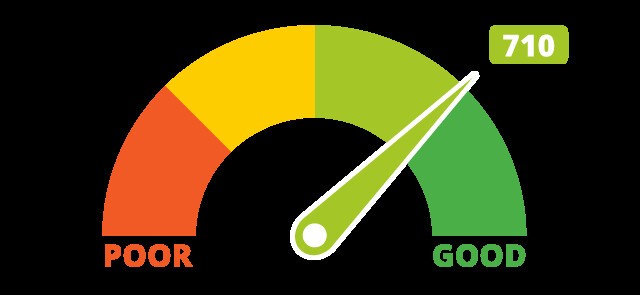According to the credit bureau, any score over 650 is considered good. A good credit score is between 670 to 739, which is high and certainly, the rating is very good or excellent.
A good credit score break down
| Credit Score | Rating |
| 800 to 850 | Excellent |
| 740 to 799 | Very Good |
| 670 to 739 | Good |
| 580 to 669 | Fair |
| 300 to 579 | Very Poor |
What Does Credit Score Mean?
The three-digit numbers called credit score is how the scoring model breaks down your rating. It is calculated based on your credit report at a credit bureau. In particular, it tells lenders and credit card issuers how likely or unlikely you are to pay off a loan. In other words, it tells them if you are a good risk, whether or not they want to approve or deny you a credit. A history of good payments is good credit. It also means all payments were done on time.
A lower score does not mean the lender will not give you a loan. They do so and offset their risk by charging you more interest or a higher annual fee. For example, if you are buying a $300,000 house with a 30-year fixed mortgage, and you have excellent credit. You can end up paying more than $94,000 less for that house over the life of the loan than if you had bad credit. Keep your credit utilization rate below 30 percent. A total credit limit of $20,000 on your credit card should be kept below $6,000.
Credit Age
Good credit age is how long you used your credit card or how long is your loan account. It requires a credit file that is at least six months old. An account mix is how you handle your two or more loan accounts. It adds value to your overall score and a nice mix of them makes your credit score better. A good inquiry gives a transparent view of your score. It plays a large factor in applying for a fresh loan. A good score involves your annual income and your debt-to-income ratio or overall debt.
Credit card issuers and financial lenders will also look at how many reported non-payments you have. It includes your overall credit utilization rate, your annual income, and the health of your credit history. A good score offers a better rating. It helps you to determine what type of credit card or loan and mortgages you are more likely to qualify for.
You can improve your score by regularly monitoring your credit payments. The negative factors reported in your credit report card help you take steps to keep your score healthy. You must address them immediately and clear outstanding dues immediately. A good credit score is also used by landlords, cell phone companies and even employers. It is to determine whether to rent to you, sell your phone service and give you a job.









